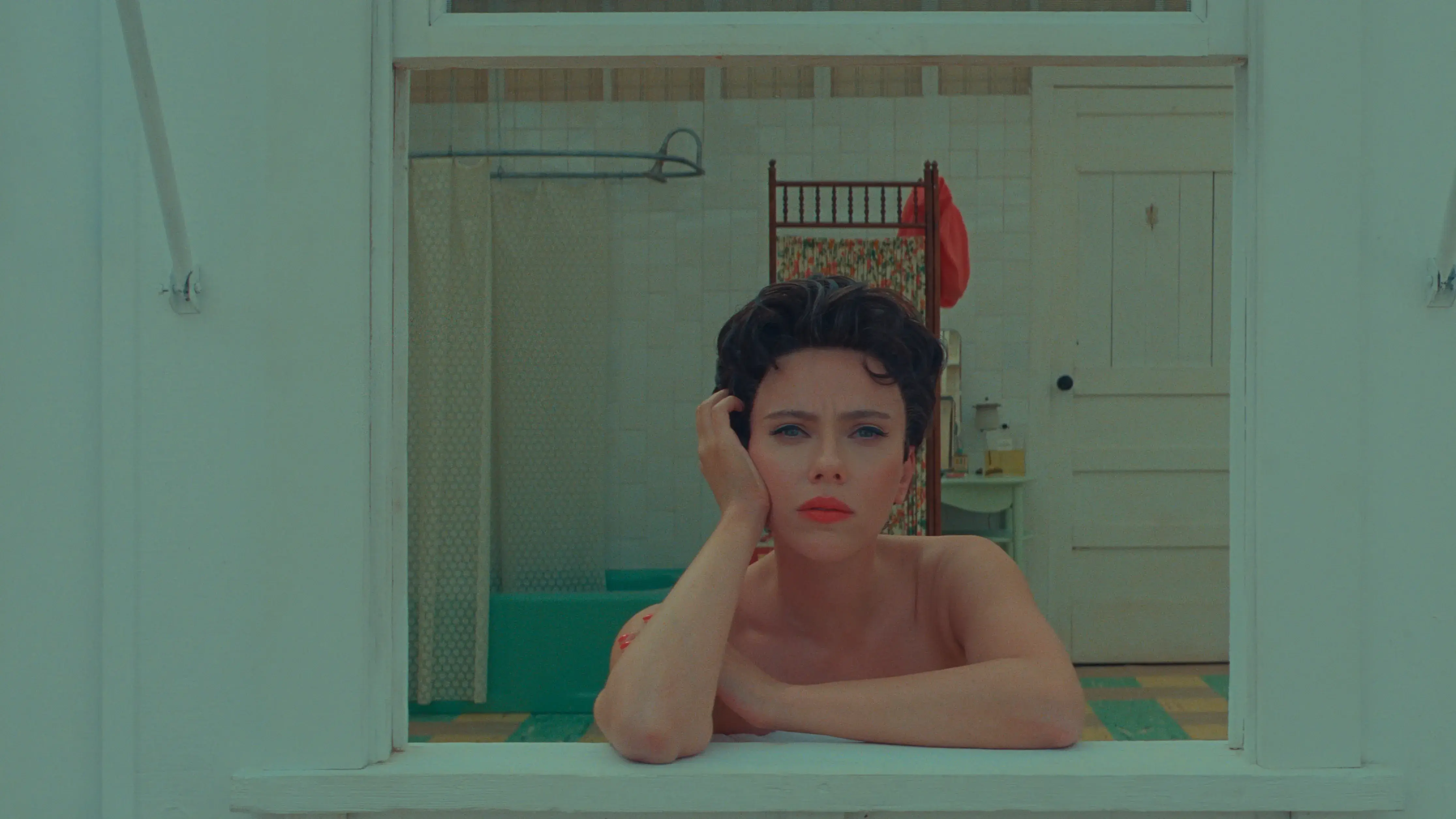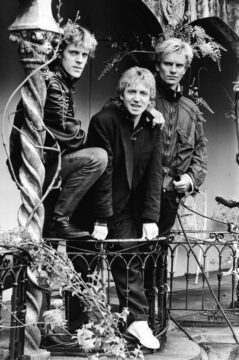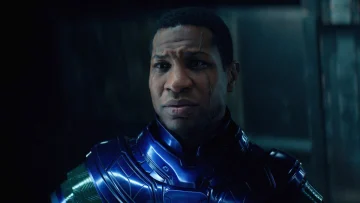With the release of Asteroid City this week, Kate Padley asks, has Wes Anderson out-Wes-Andersoned himself? Has the esteemed auteur become a complete parody of himself?
Wes Anderson is undeniably one of the greatest auteur directors of our times. How many Hollywood directors can boast entire TikTok trends in their honour, with thousands flocking to social media to emulate his iconic style? Five minutes into a Wes Anderson movie and you know exactly what’s coming.
Or at least, you should. See, Asteroid City, Anderson’s latest film, has confirmed a fear I’ve been harbouring for a while now: Wes Anderson has well and truly out-Wes-Andersoned himself. And I’m not sure it’s entirely a good thing.
There’s so much I have always loved about Anderson’s films; their quirky edge, the immediately-recognisable colour palettes, the deadpan dialogue, the frankly astounding number of big names parading through his films. This curious combination of elements has always somehow resulted in something wonderfully heartfelt.
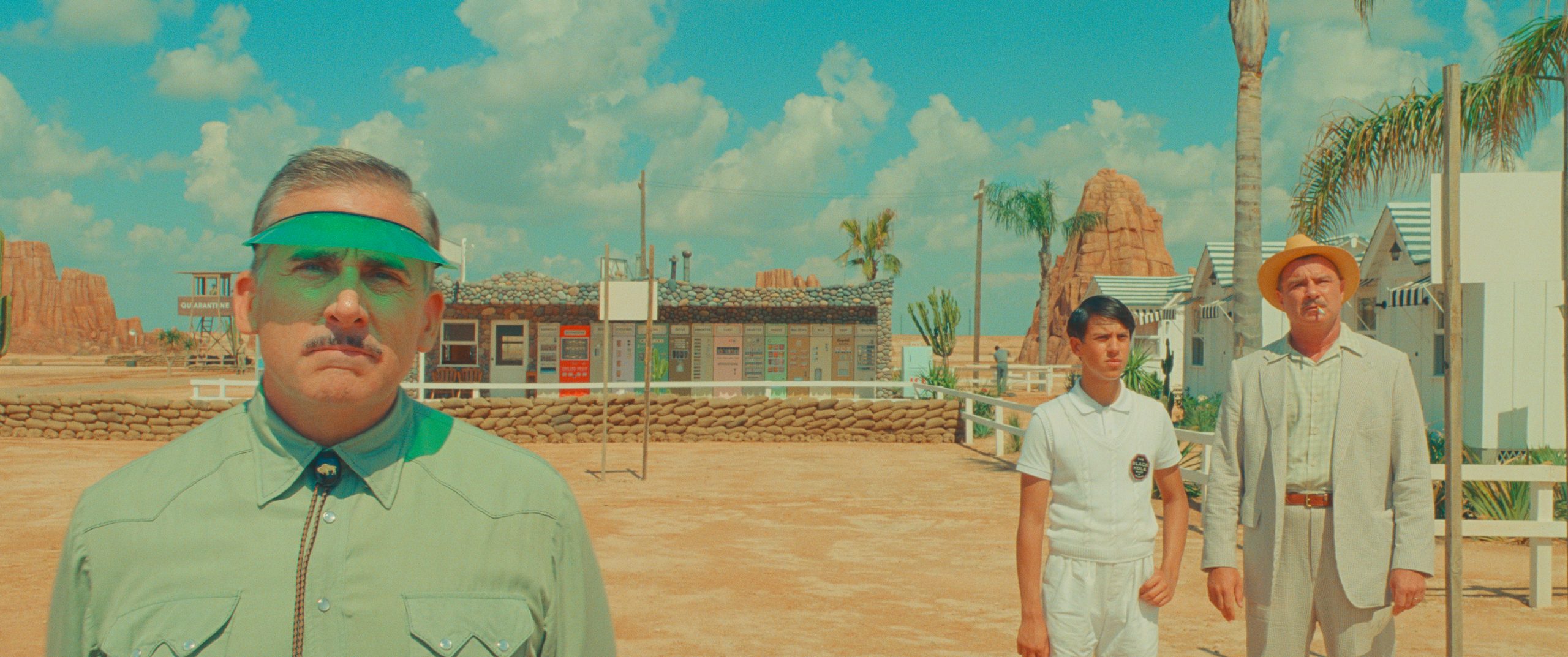
Asteroid City. Credit: Courtesy of Pop. 87 Productions/Focus Features
Such is the genius of Wes, his style fools you into believing you’re in for a twee little film, only to be bowled over by completely unexpected waves of emotion. The New York Times put it perfectly when they said “the stylised way he orders the world […] expresses how he navigates the world’s confusions,” something all of us can surely relate to in this disordered, chaotic thing we call life.
Nevertheless, I can’t help but feel Anderson’s latest films don’t seem to navigate the world’s confusions, but instead make his worlds, unnecessarily, even more confusing. In this new meta era, Anderson seems to be losing the raw vulnerability which made his earlier work so potent: he has become more preoccupied with the context of his storytelling than with the stories themselves.
Asteroid City continues this trend, which begs the question: as his recent ventures seem increasingly to lose their substance, does Anderson now risk becoming a parody of himself?
It’s something I never thought I’d have to ask, so firmly-rooted were his early works in the pain and grief of real-world relationships. But to contextualise why myself and many others have been so disappointed by the likes of Asteroid City and The French Dispatch (2021), let’s cast our minds back to 2001 and The Royal Tenenbaums.
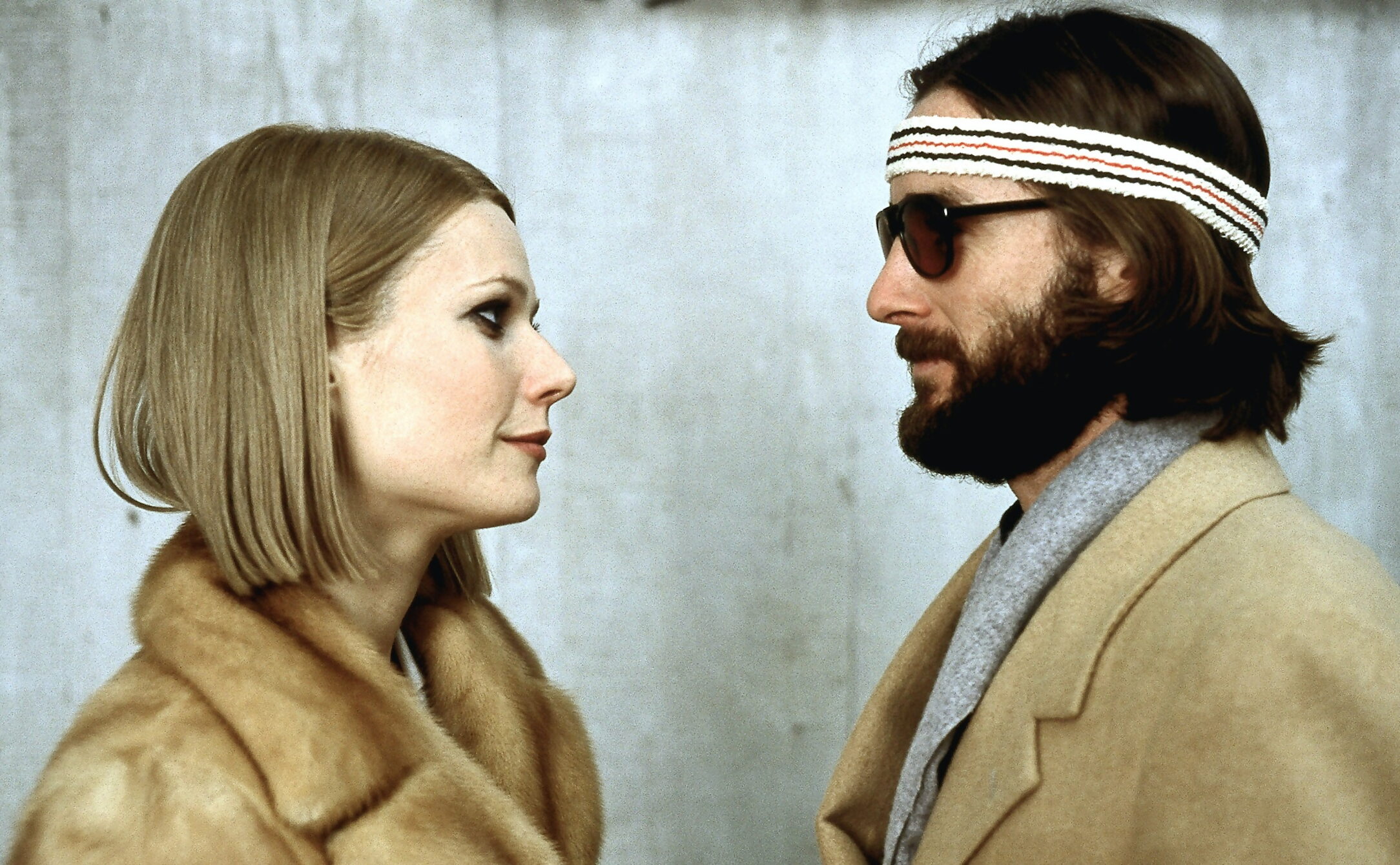
The Royal Tenenbaums. Credit:Walt Disney Studios Motion Pictures
Following on from Bottle Rocket (1996) and Rushmore (1999), this was where we really began to see the Wes we know and love today, playing with his style in a major way and engaging heavily with the key theme he’s now known for: grief.
Anderson has spoken candidly about the profound impact his parents’ deaths has had on his filmmaking, with his mother dying tragically in a car accident in 1994 and his father falling victim to cancer in 1997. Watching The Royal Tenenbaums, so firmly rooted in grief, it’s clear how much pain Anderson poured into a film which came so soon after his own parents’ passing.
In comparison, it’s unclear why his earlier films don’t connect so closely with this theme, but it’s not for us to speculate at something so deeply personal. But one thing we do know: from The Royal Tenenbaums onwards, Wes’ films have consistently been peppered with pain and, as a result, struck a hugely resonant chord.
This was also when his style really came into its own, with many considering The Royal Tenenbaums perhaps Anderson’s first real auteur film. The style is immediately recognisable, though perhaps not quite so overt as his later efforts: the stylistic framing, the iconic cinematography, the distinct costuming, the slow-mo shots, the needle-drops. All the things which make Wes, Wes.
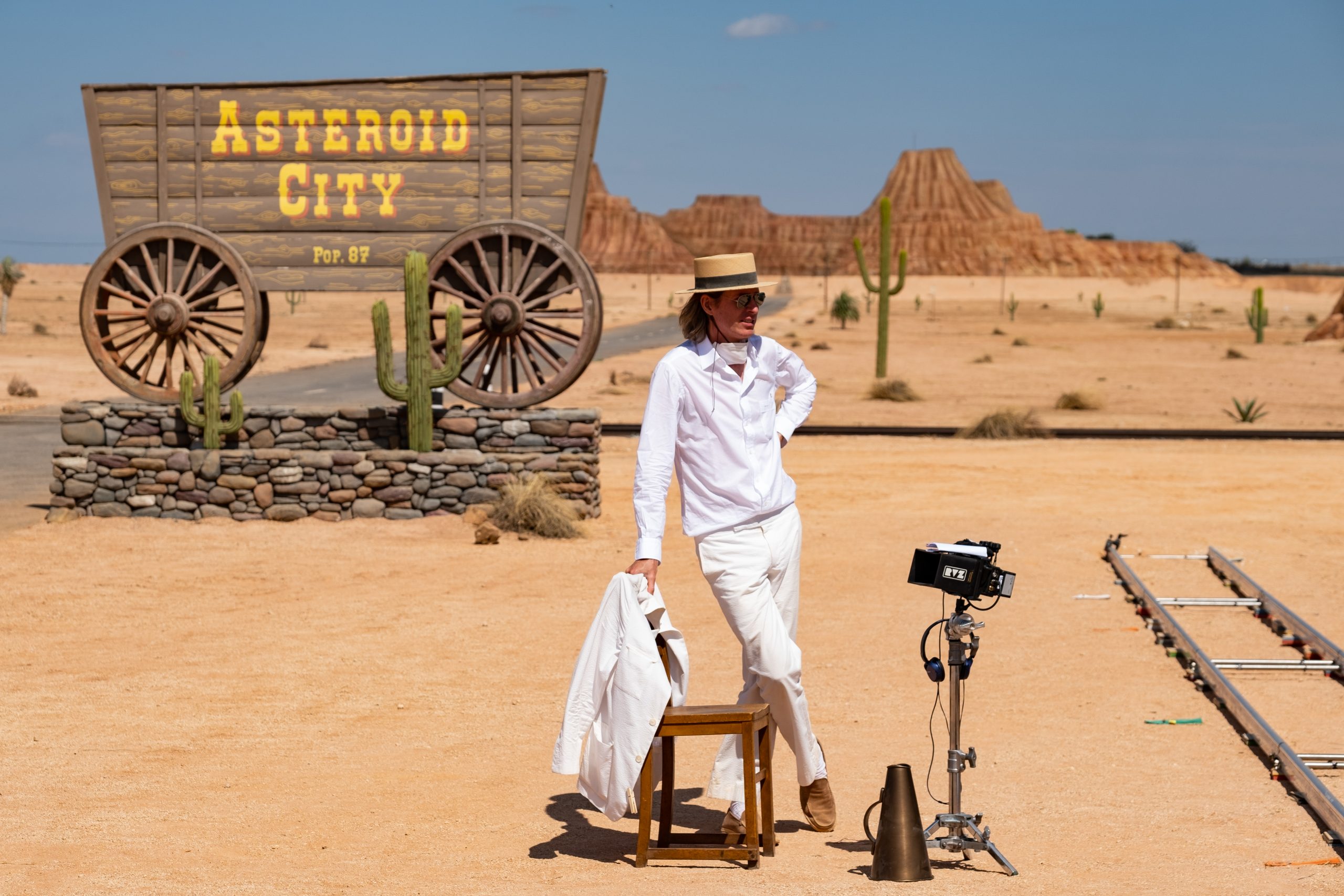
Wes Anderson on set of Asteroid City. (Credit: Courtesy of Roger Do Minh/Pop. 87 Productions/Focus Features)
But have all these elements, which worked so well in his early efforts, now gone too far? 22 years later, Asteroid City is being criticised by the likes of The Verge asserting that these ‘ingredients make Asteroid City feel a lot like the work of a creative talent who’s inadvertently parodying himself,’ a view I admittedly have to agree with.
What specifically lets down the likes of The French Dispatch and Asteroid City?
For me, the issue lies in the framing. It preoccupies so much of these films that the quiet, understated moments are completely lost amongst the chaos, something which his earlier films managed to avoid. After all, who could forget the tragedy of those four little words uttered by Peter in The Darjeeling Limited (2007): ‘I didn’t save mine’? Or Steve Zissou’s grief-stricken ‘I wonder if it remembers me’ in The Life Aquatic (2004)?
So much weight in so few words, and all successfully delivered against the backdrop of Wes’ unique worlds. Sure, these movies are stylistically bold, but in a way which doesn’t overtake the plot, and as a result these moments hit home the hardest: the realism and painful relatability within settings so far-removed from most of our daily experiences.
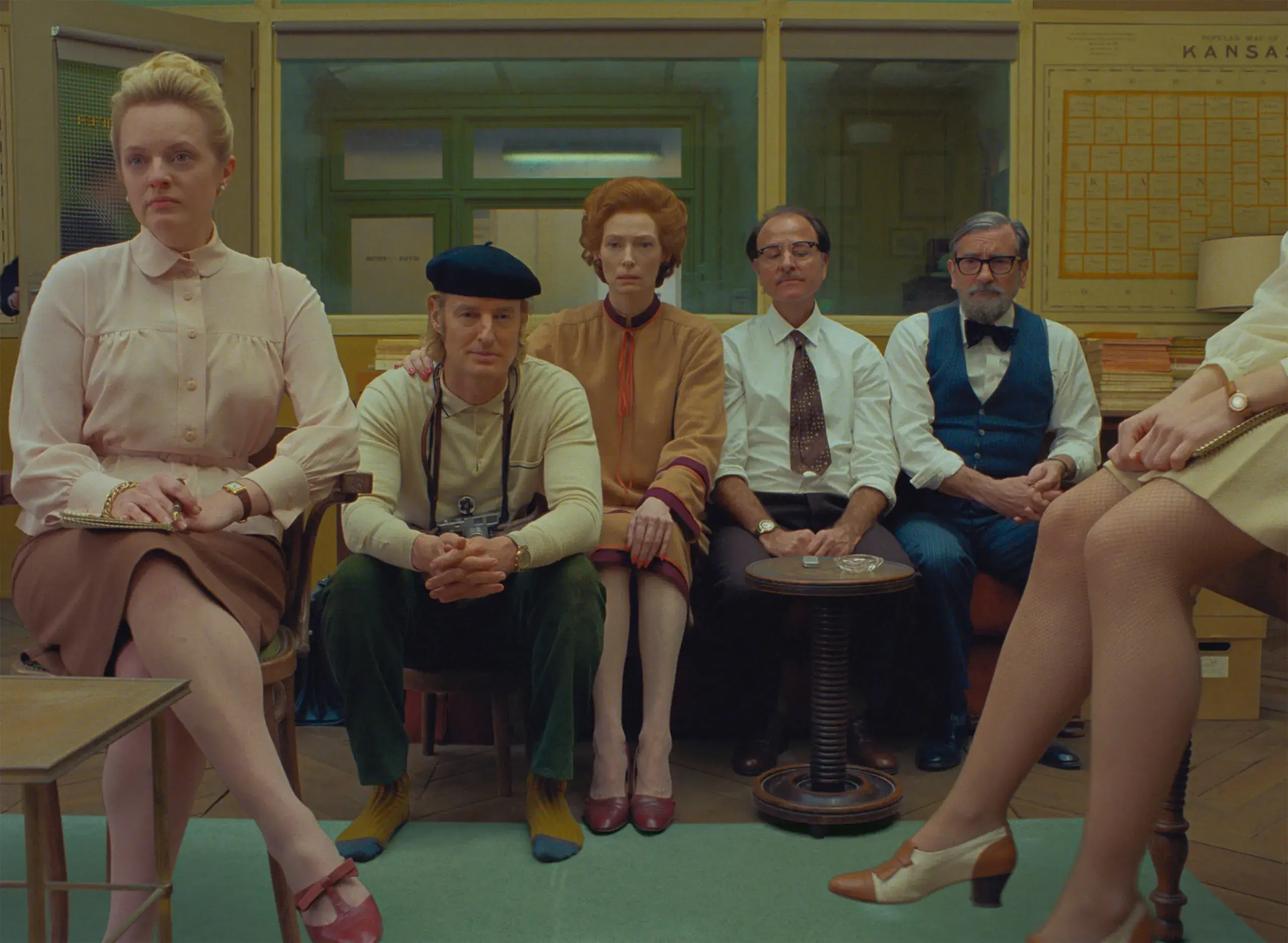
The French Dispatch. Credit: Focus Features
In contrast, his recent works are so consumed by the settings he creates that they lose touch with the grounded human experiences which made his earlier works so resonant. If you thought The French Dispatch – a film encapsulating three stories from its titular newspaper within the story of its editor’s demise – was Wes at his most meta, I’m sorry to tell you Asteroid City takes it to a whole new level. It is so entangled in its own intricacies that its core themes simply can’t be explored in the way they deserve.
The only exception lies in a particularly heartfelt scene on a balcony (you’re not getting more than that: no spoilers here today). Vulture described the scene as “two people communing with the messiness of life.” The fact that this moment comes in the least stylistic section of the film proves just much is lost within the chaos of Asteroid City’s style.
Ultimately, Asteroid City is a venture which is almost exclusively tailored to hardcore Wes fans. But the question remains, is it the job of an auteur to cater to the masses, or stay resolute in their style and hope audiences remain loyal? Yes, Wes Anderson is absolutely out-Wes-Andersoning himself. But only time will tell whether that’s actually a good thing.
Asteroid City is in cinemas 23 June.

